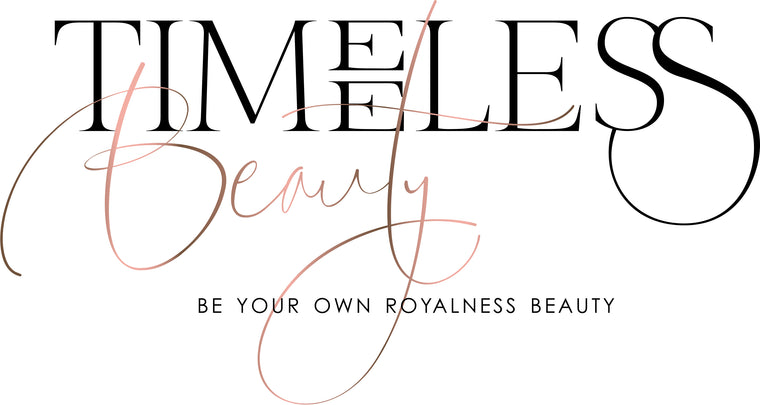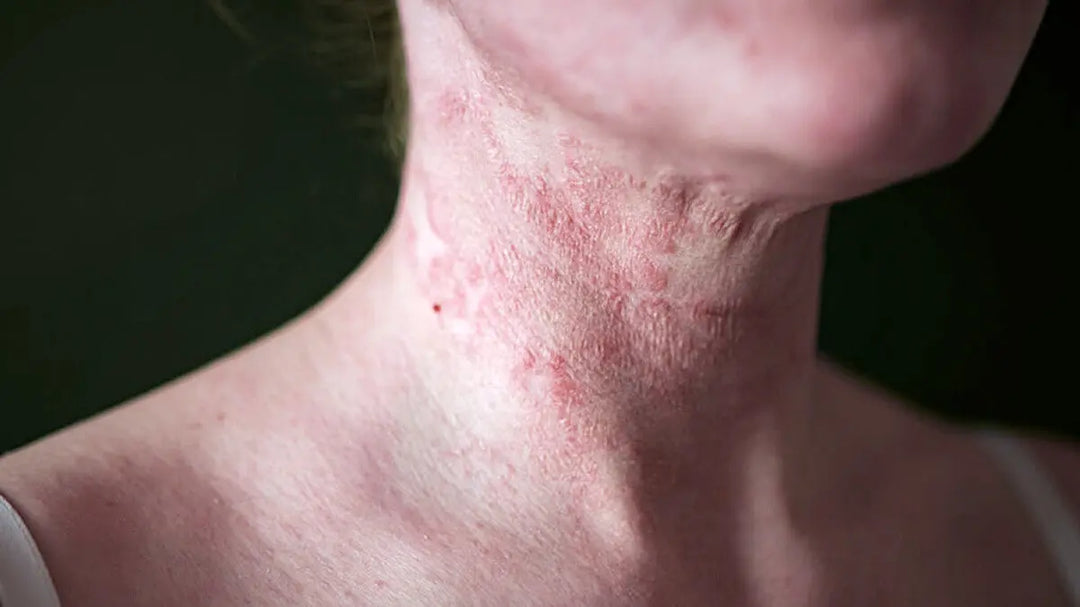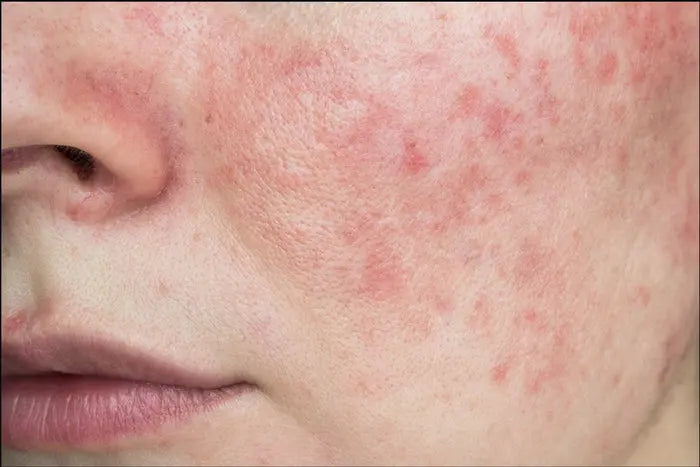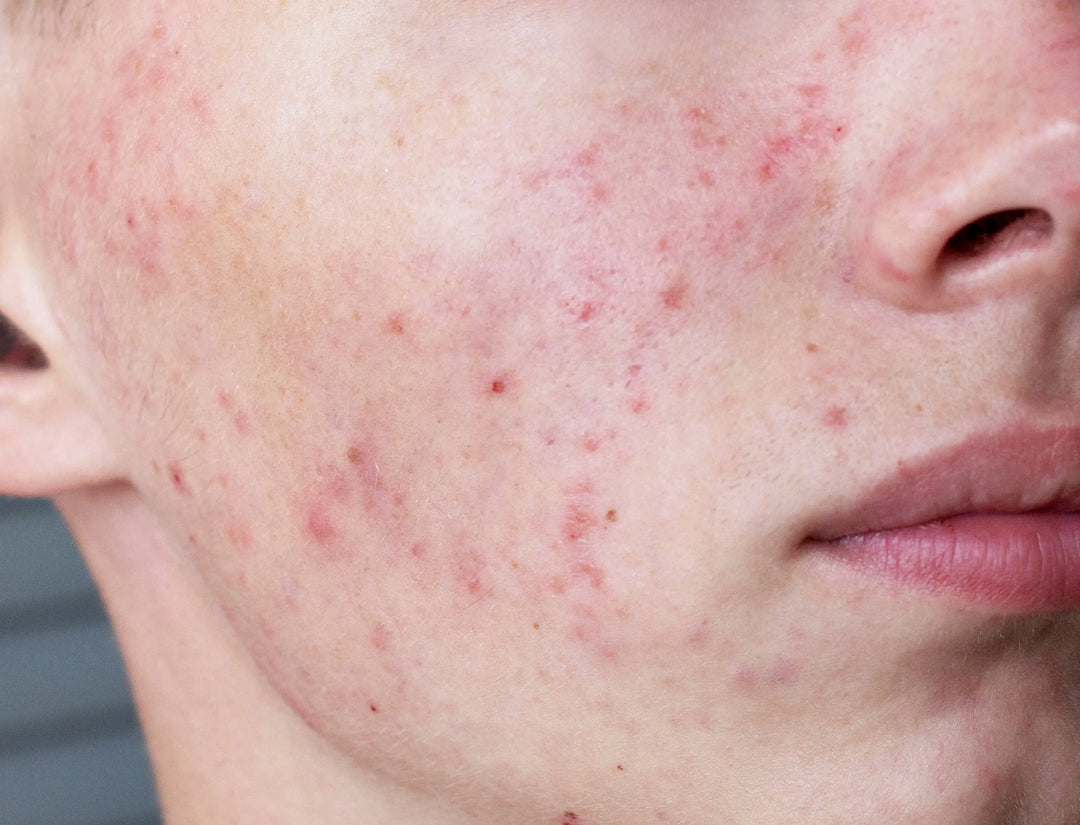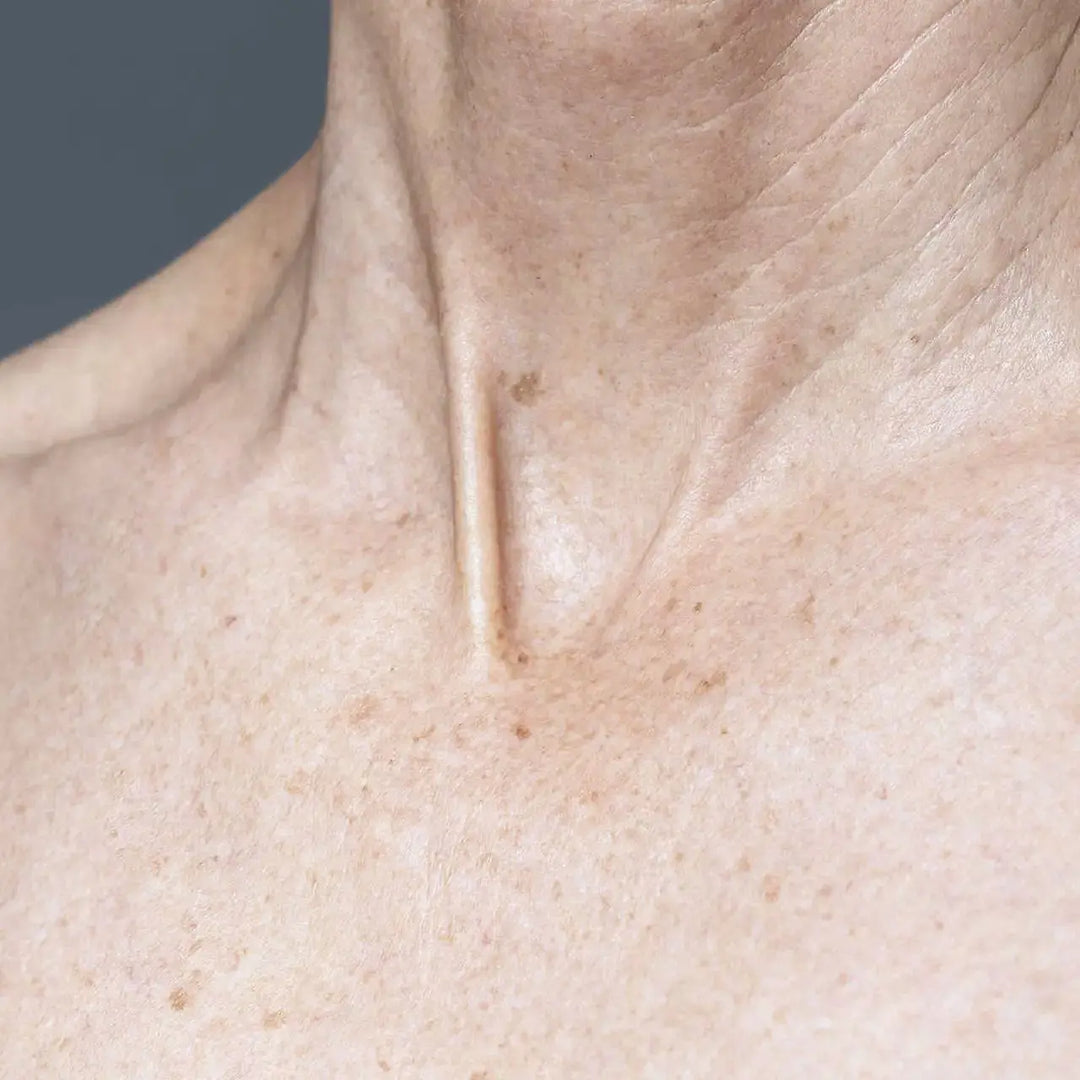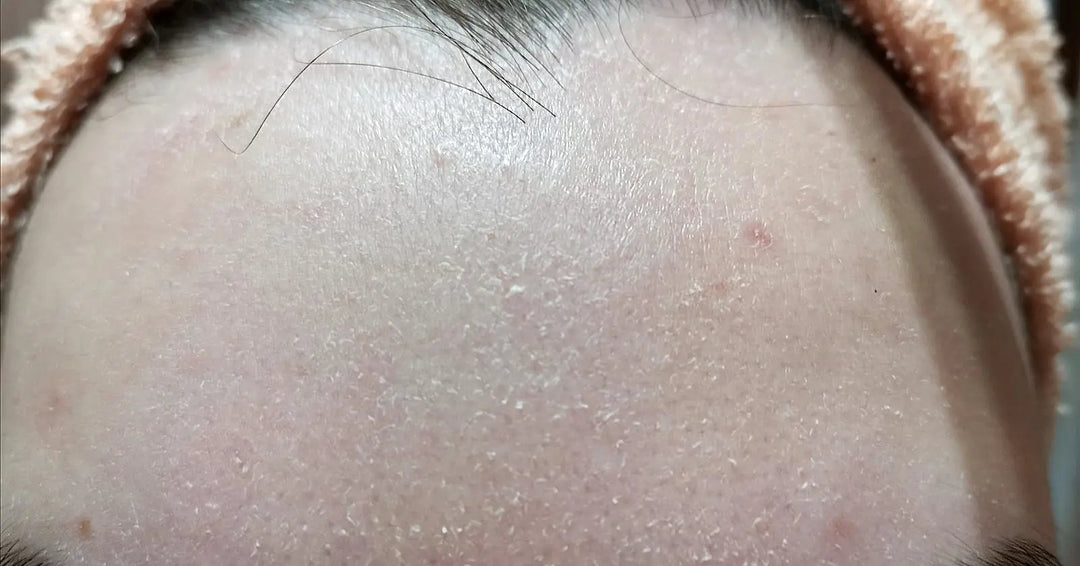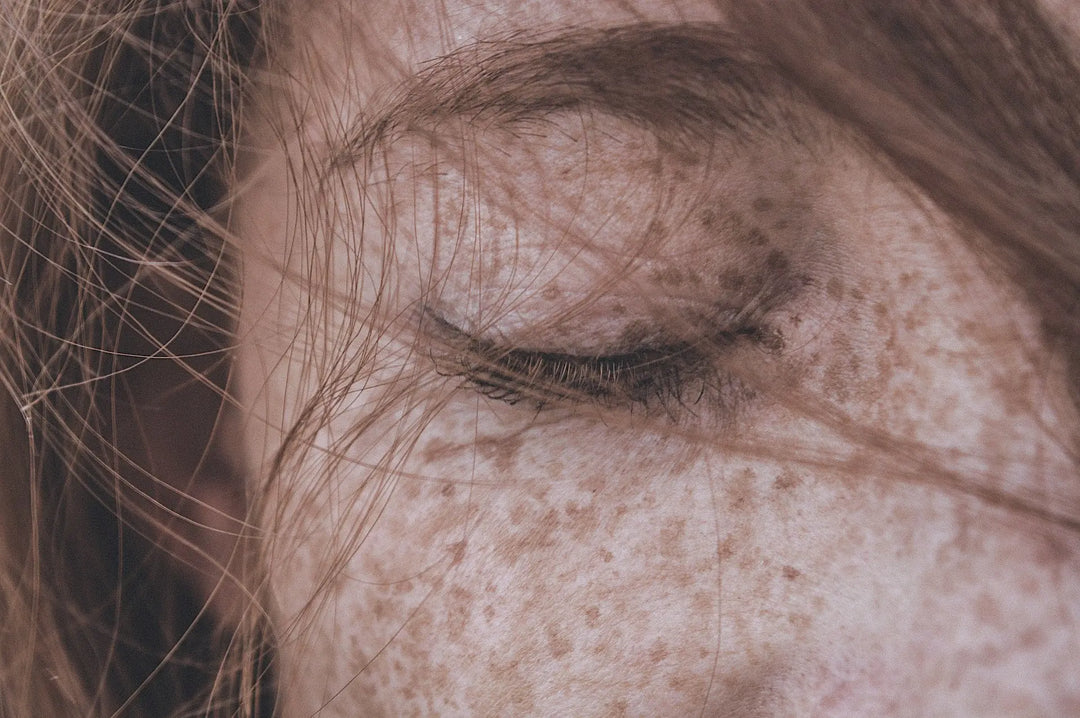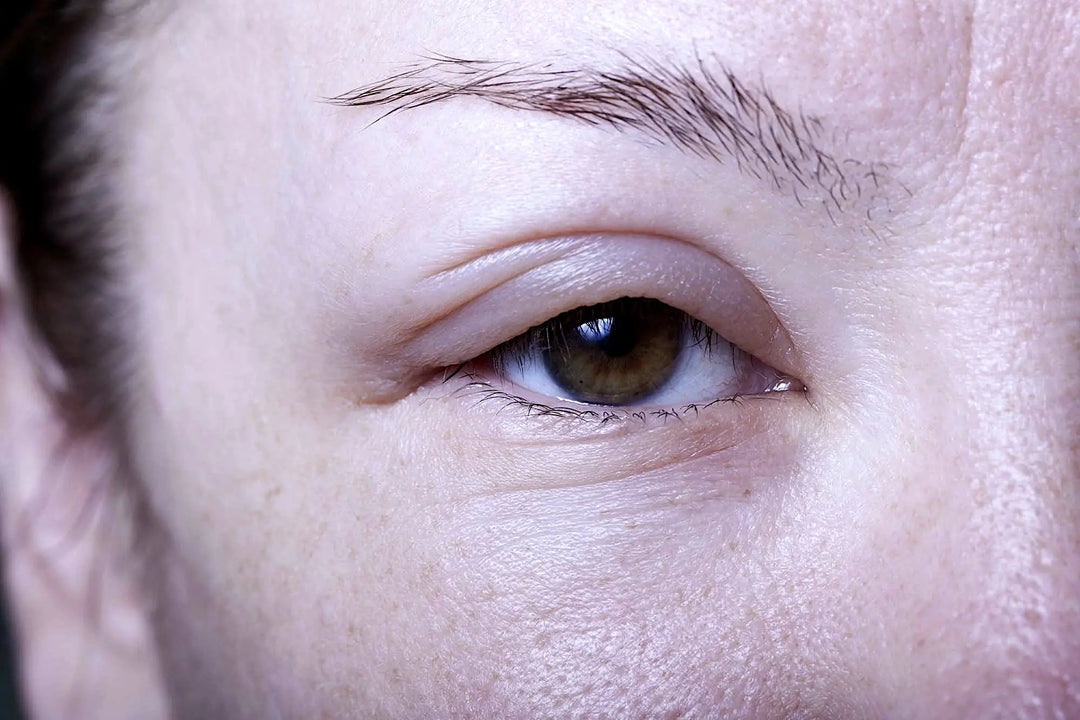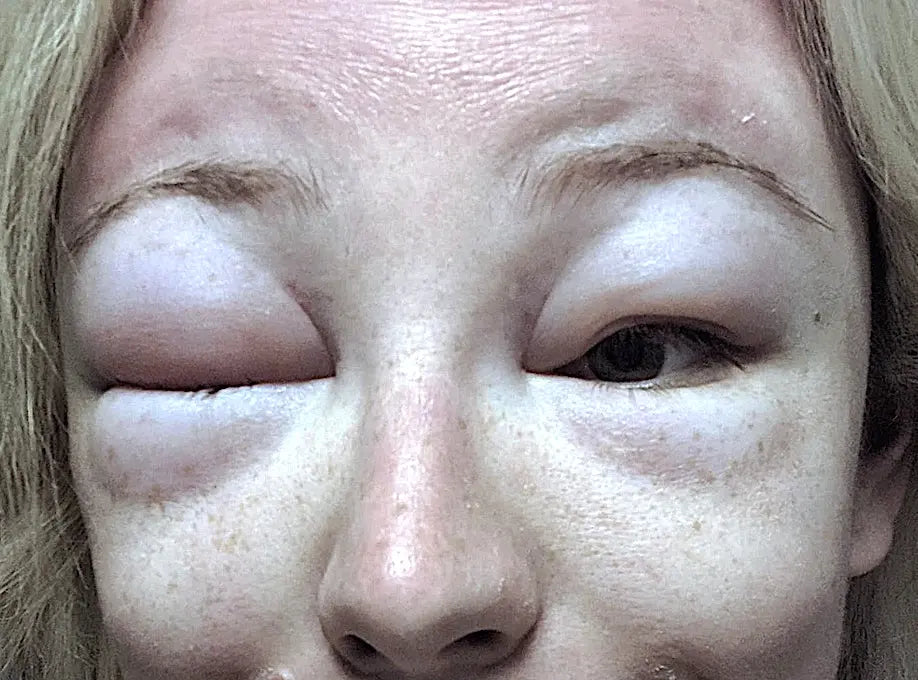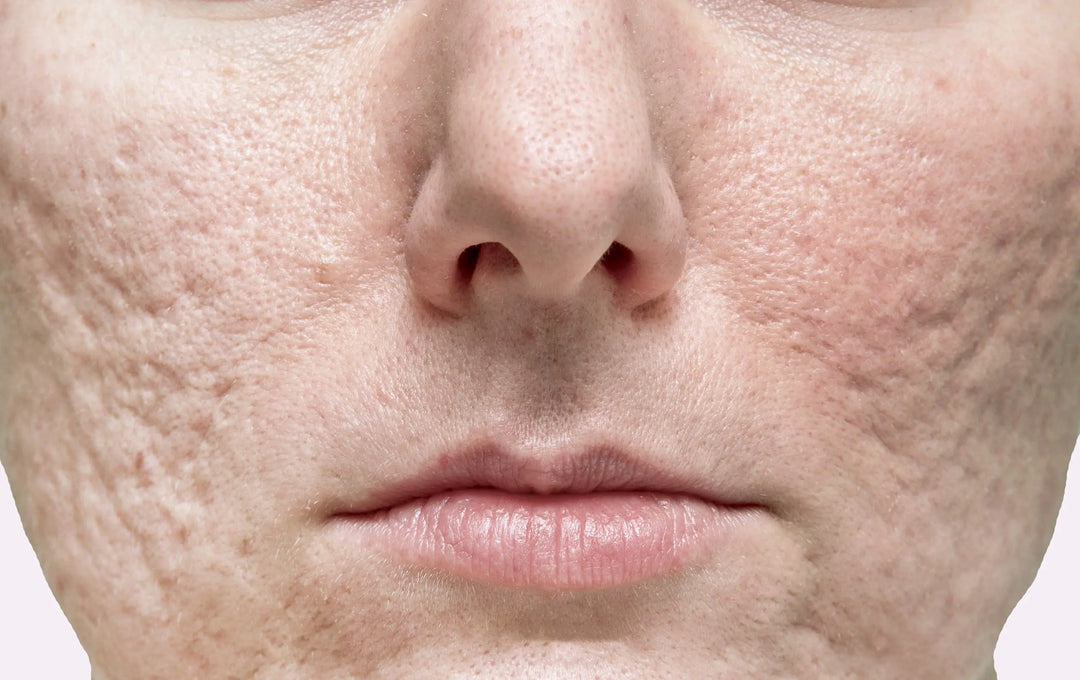15.2 Ingredients for DRPW skin: Deep Hydration, Brightening, and Anti-Aging Care
Ingredients for DRPW (Dry, Resistant, Pigmented, and Wrinkled) Skin: Deep Hydration, Brightening, and Anti-Aging Care
Key Challenges of DRPW Skin
Dehydration: Due to an impaired barrier, DRPW skin struggles to retain moisture, leading to dryness and a compromised skin barrier.
Pigmentation: Prone to uneven skin tone, dark spots, and hyperpigmentation due to excessive melanin production.
Aging: Visible signs of aging, including fine lines, wrinkles, and photoaging, especially in those who haven't consistently used sunscreen.
Best Ingredients for DRPW Skin
For effective hydration, brightening, and anti-aging, DRPW skin benefits from a mix of nourishing, barrier-repairing, and rejuvenating ingredients:
Hydration and Barrier Repair:
Ceramides, Cholesterol, Free Fatty Acids: Restore the natural lipid barrier to improve moisture retention.
Glycerin, Hyaluronic Acid, Shea Butter: Act as humectants, drawing moisture into the skin and providing deep hydration.
Macadamia Oil, Borage Seed Oil, Evening Primrose Oil: These oils are rich in fatty acids, offering lightweight yet intensive hydration without clogging pores.
Brightening and Anti-Pigmentation:
Vitamin C (Ascorbic Acid): Brightens the skin, reduces dark spots, and provides antioxidant protection.
Niacinamide: Helps even out skin tone, reduces pigmentation, and strengthens the skin barrier.
Tranexamic Acid, Hexylresorcinol, Kojic Acid: Target pigmentation by inhibiting melanin production, helping to create a more even skin tone.
Anti-Aging:
Retinol: Encourages cell turnover, reducing the appearance of fine lines and wrinkles while supporting collagen production.
Glycolic Acid and Lactic Acid: Alpha hydroxy acids that exfoliate the surface, helping to smooth wrinkles and refine texture.
Tetrahexyldecyl Ascorbate, Phloretin: Stable forms of Vitamin C that fight oxidative damage, supporting skin firmness and elasticity.
Ingredients to Avoid for DRPW Skin
DRPW skin should avoid drying and harsh ingredients that can exacerbate dehydration and irritation:
Alcohol-based ingredients (especially if among the first seven listed): Can further dehydrate and weaken the barrier.
Anionic detergents and foaming cleansers: Strip natural oils, leaving the skin tight and dehydrated.
High-strength benzoyl peroxide: Too harsh for dry skin, potentially leading to irritation.
Olive Oil and certain essential oils: Can be too heavy and potentially clog pores, disturbing the skin's balance.
Recommended Skincare Routine for DRPW Skin
Cleansing: Use creamy, non-foaming cleansers enriched with hydrating lipids. Avoid harsh cleansers and consider using hydroxy acid cleansers sparingly for smoothness.
Moisturize with Barrier Repair Products: Apply twice daily to restore and strengthen the skin barrier. Look for products with MLE technology that mimic the skin's lipid structure.
Targeted Treatments: Use tyrosinase inhibitors and PAR-2 blockers to tackle pigmentation, and incorporate antioxidants and retinoids for anti-aging.
Daily Sun Protection: A moisturizing SPF of at least 30 is essential to prevent further pigmentation and protect against UV-induced aging.
Conclusion
DRPW skin requires a focused approach that emphasizes hydration, pigmentation control, and anti-aging while avoiding harsh ingredients. By carefully selecting ingredients that support the skin barrier and maintain moisture, DRPW skin can achieve a balanced, radiant, and youthful appearance.


